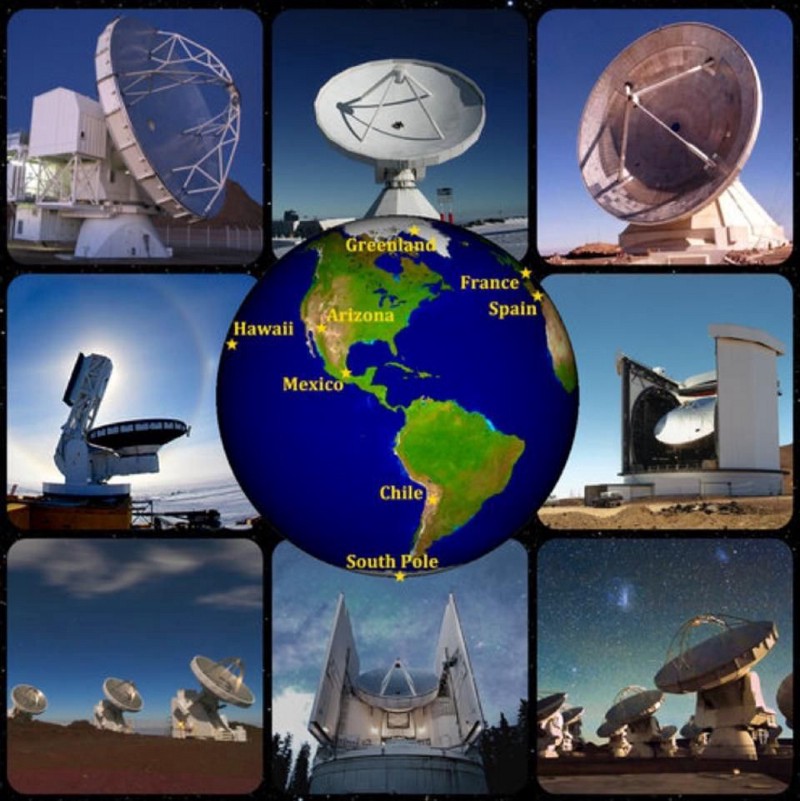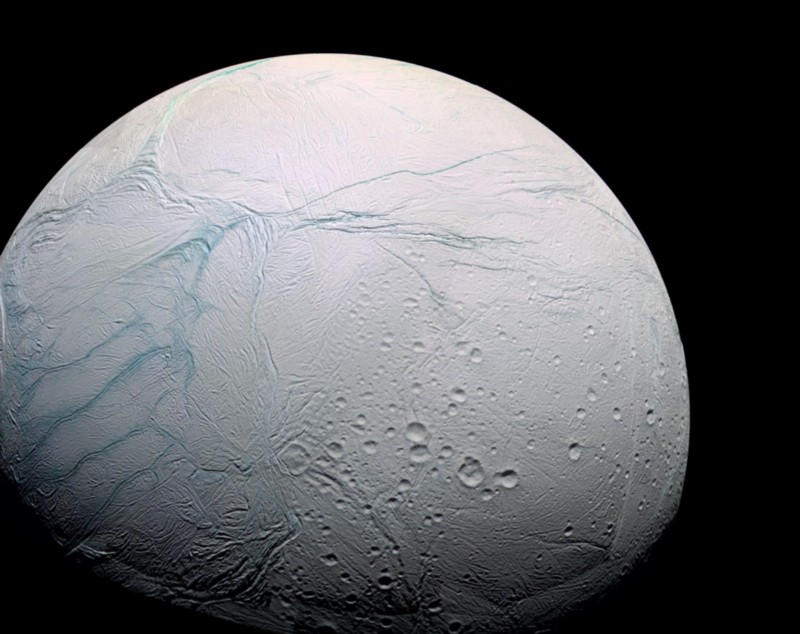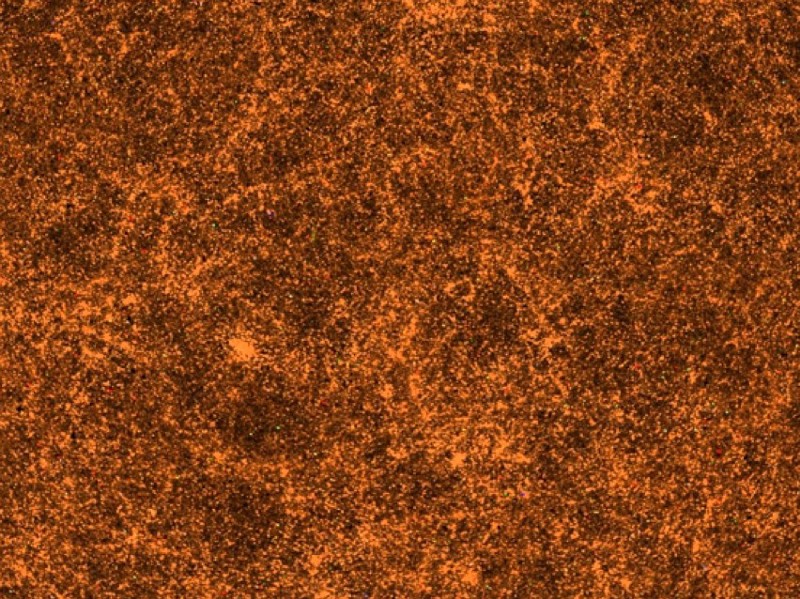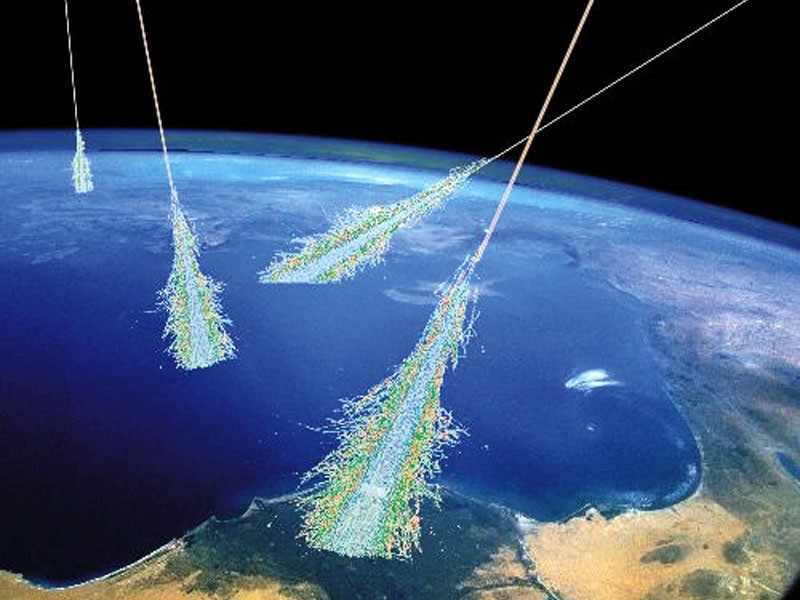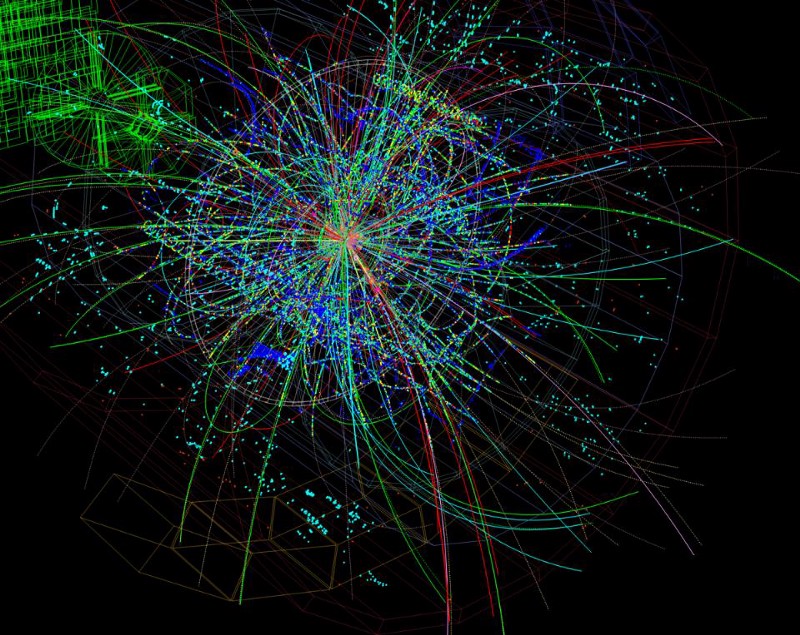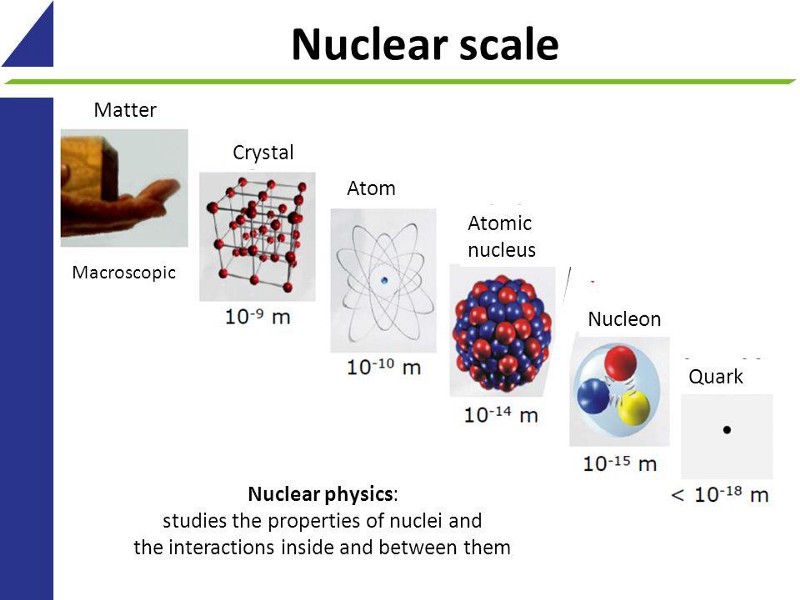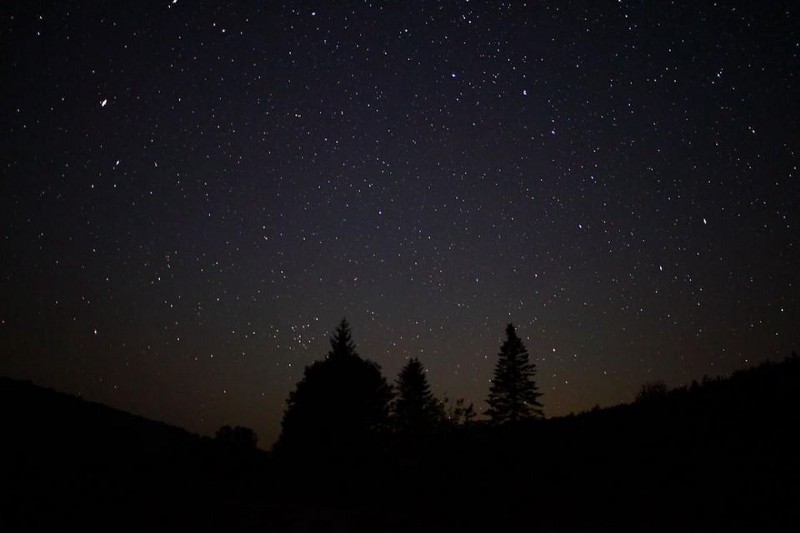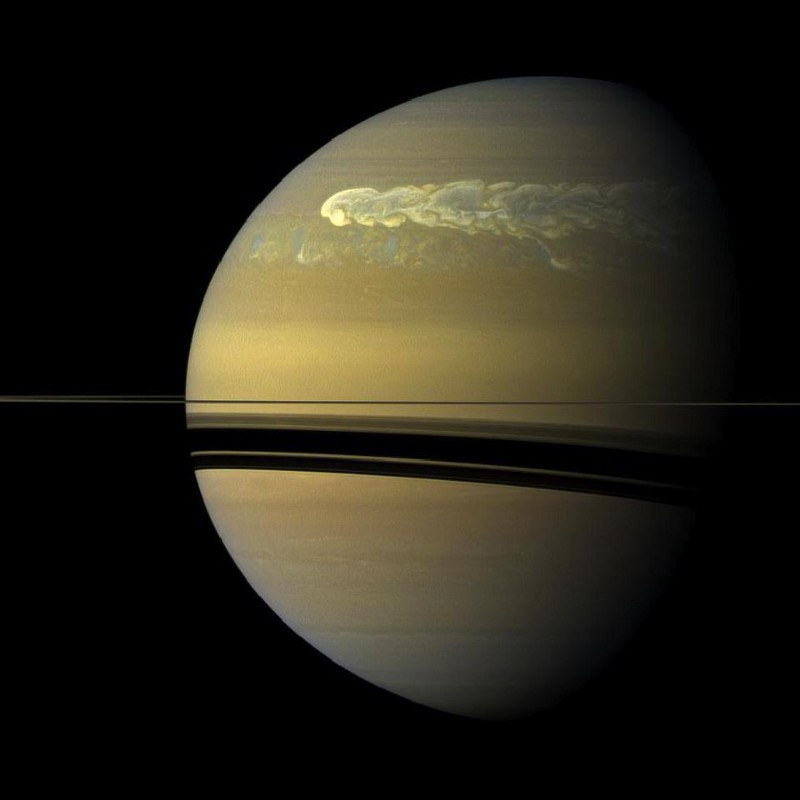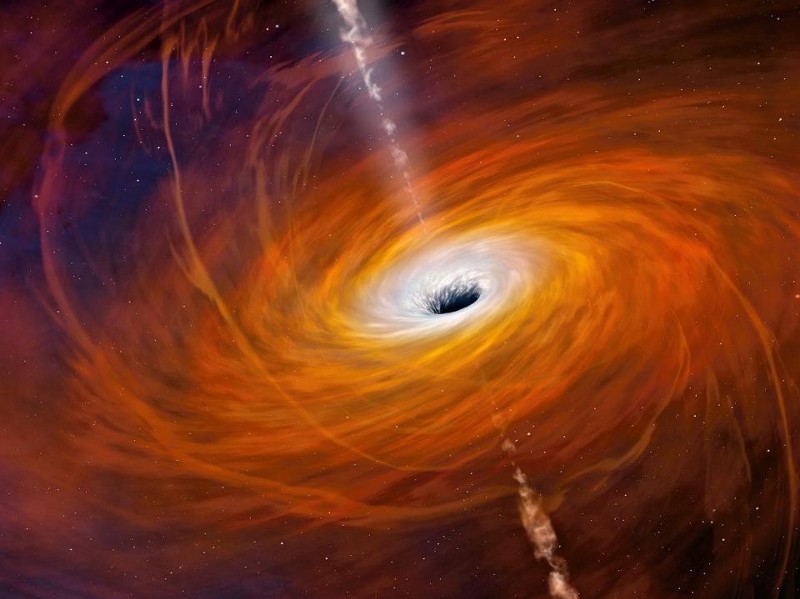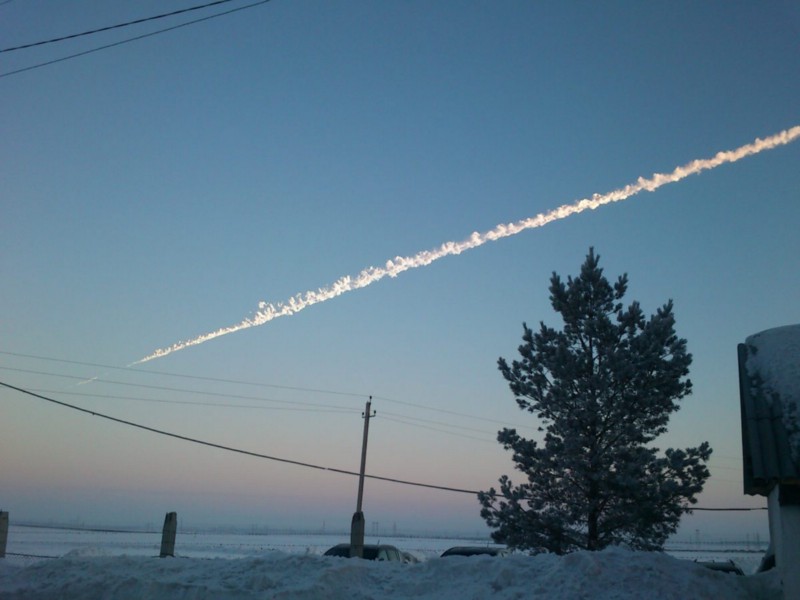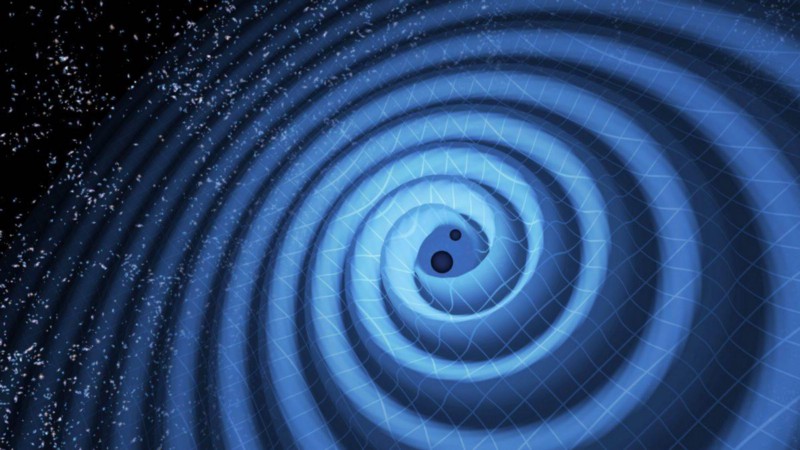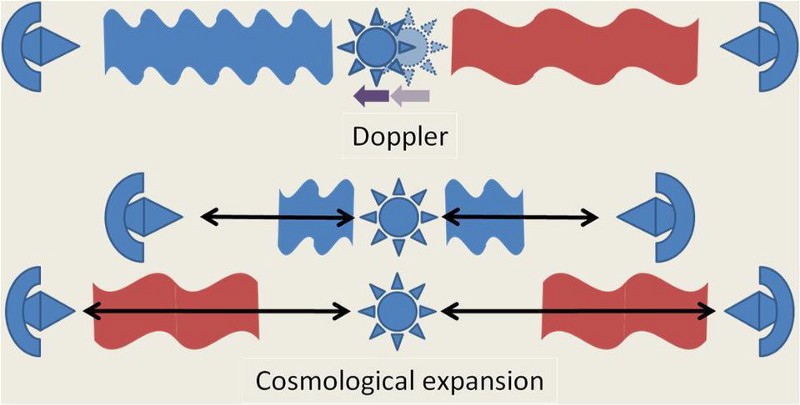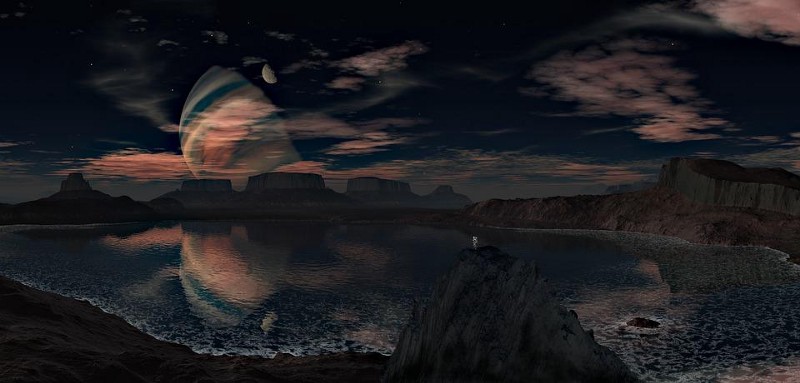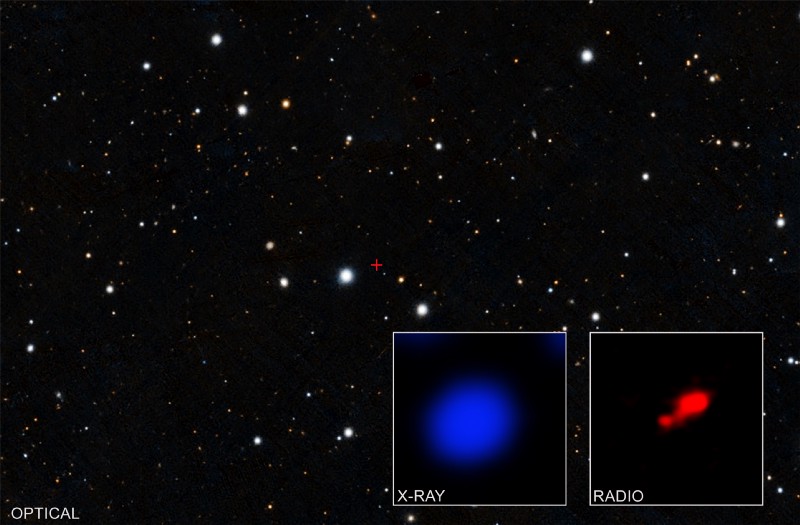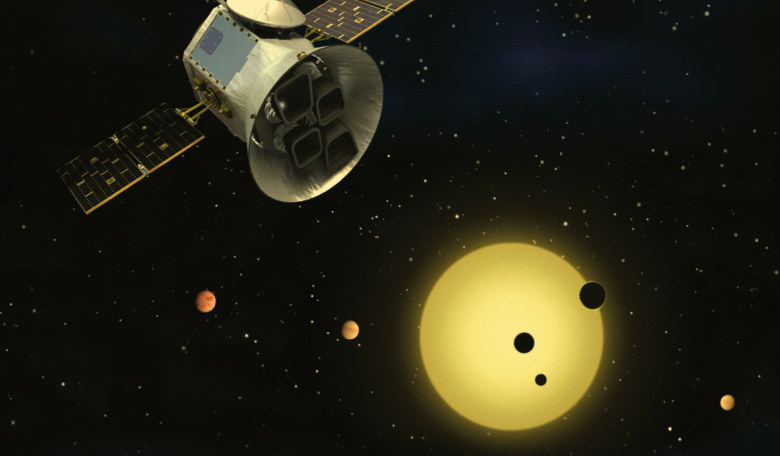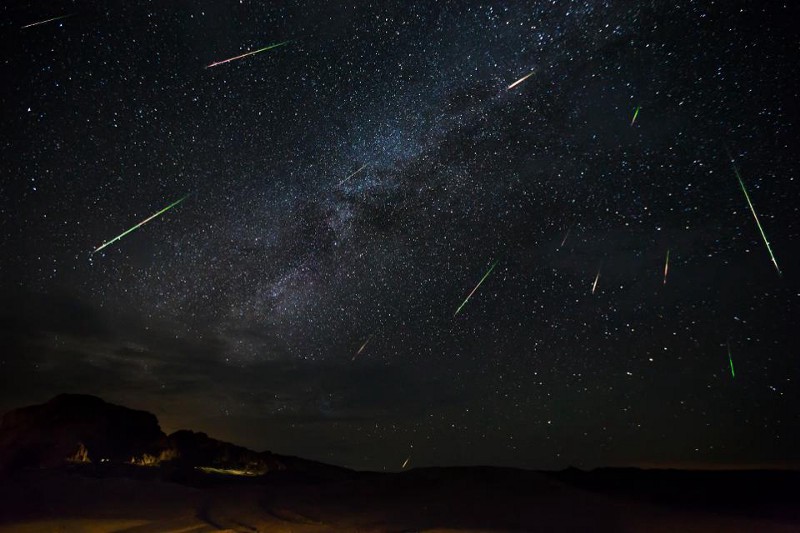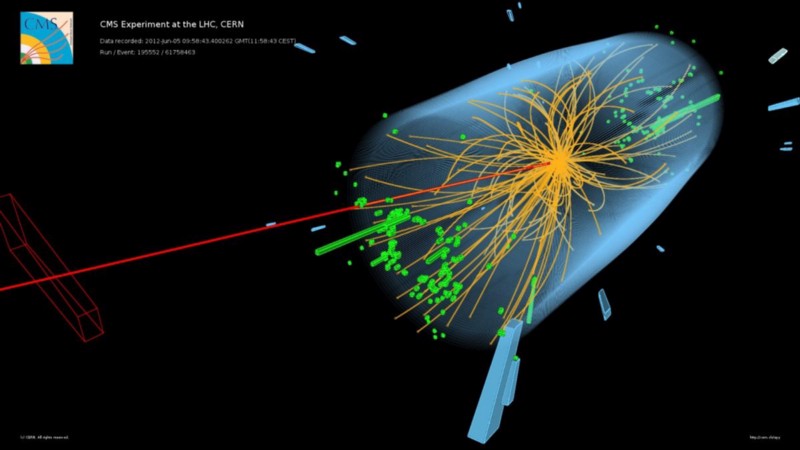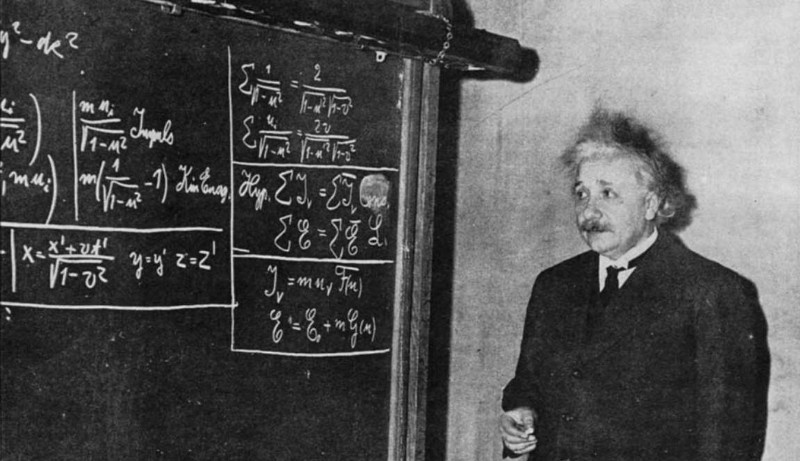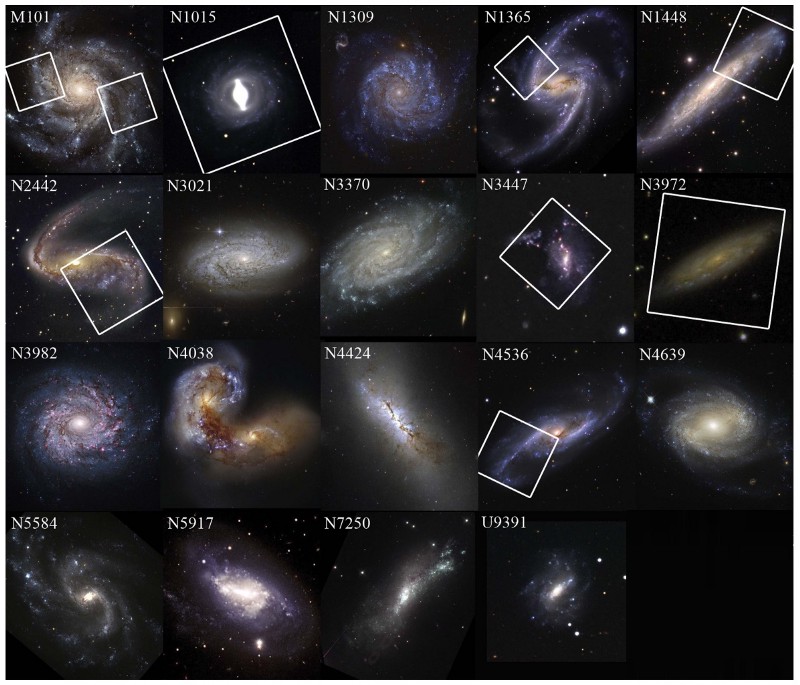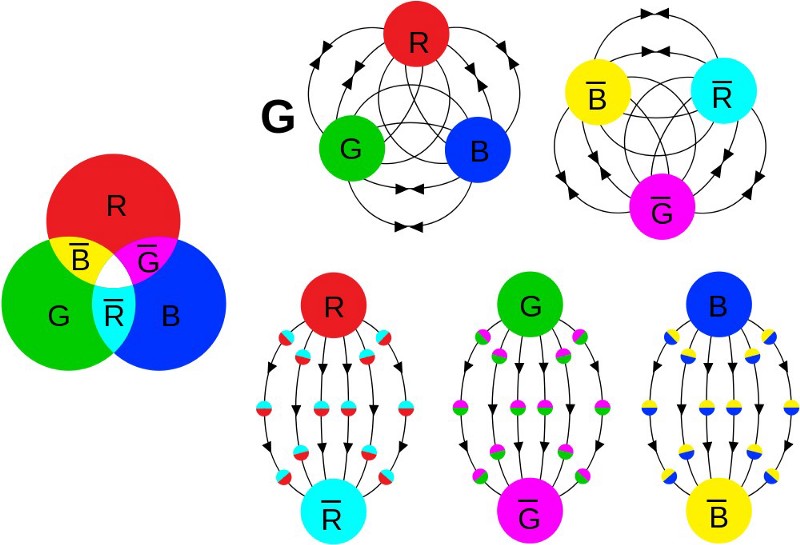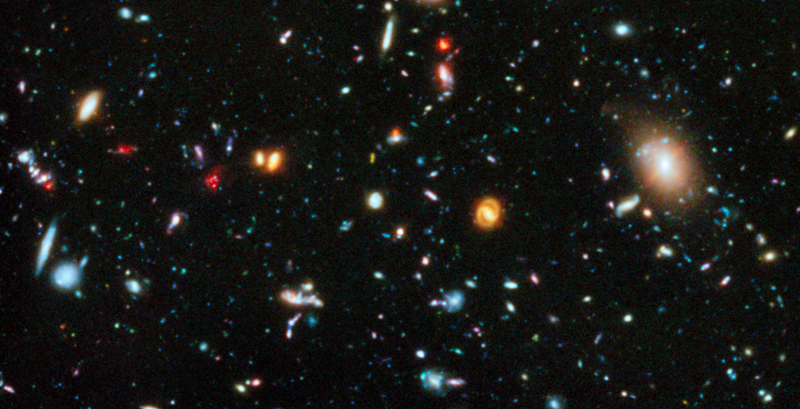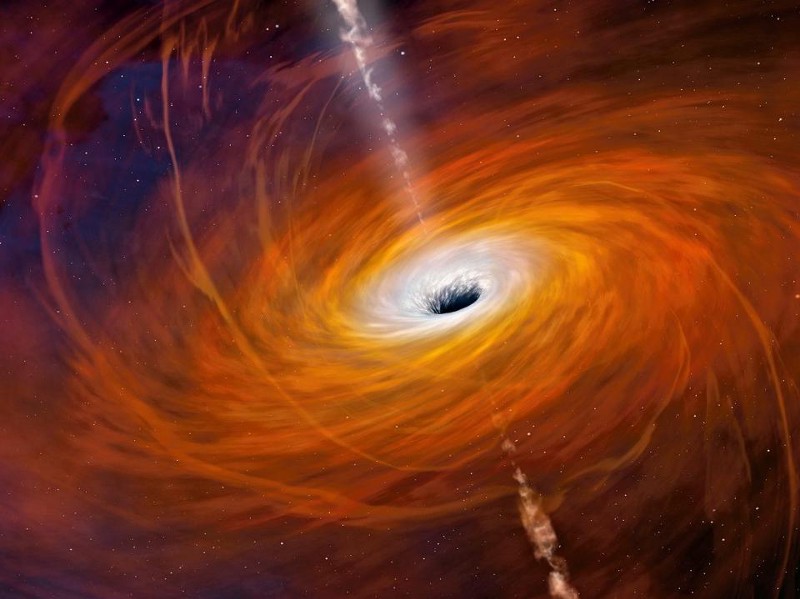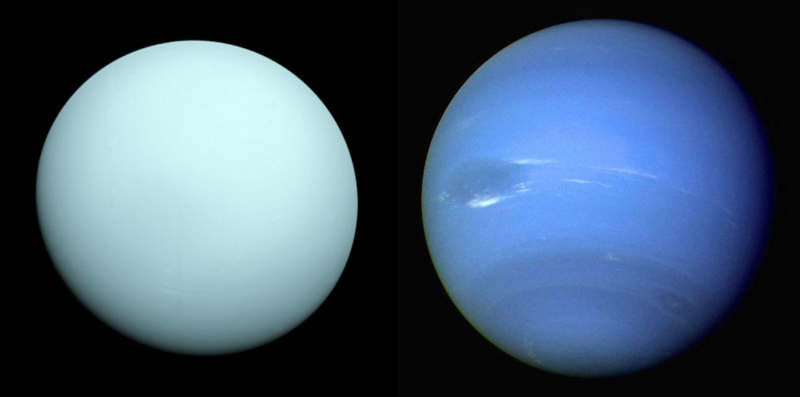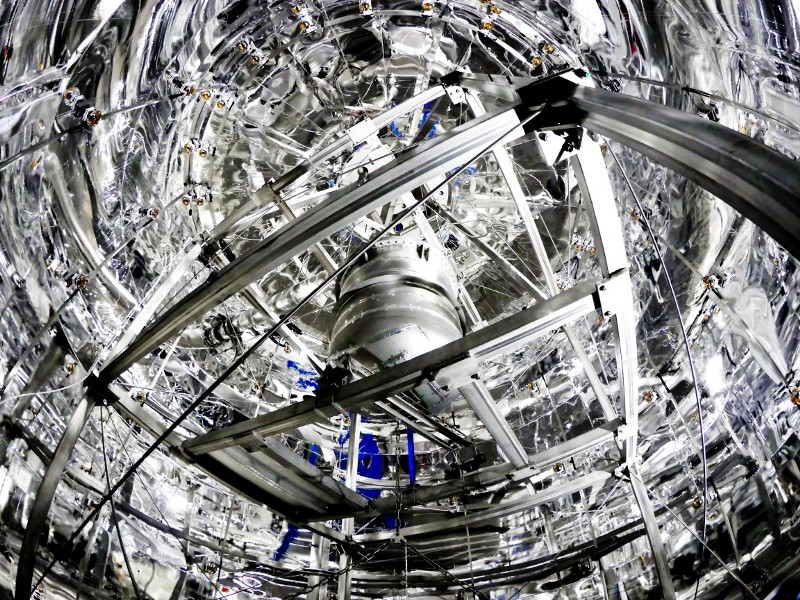Ethan Siegel
A theoretical astrophysicist and science writer, host of popular podcast "Starts with a Bang!"
Ethan Siegel is a Ph.D. astrophysicist and author of "Starts with a Bang!" He is a science communicator, who professes physics and astronomy at various colleges. He has won numerous awards for science writing since 2008 for his blog, including the award for best science blog by the Institute of Physics. His two books "Treknology: The Science of Star Trek from Tricorders to Warp Drive" and "Beyond the Galaxy: How humanity looked beyond our Milky Way and discovered the entire Universe" are available for purchase at Amazon. Follow him on Twitter @startswithabang.

Is there life beyond Earth, even in our Solar System? This mission might be humanity’s best hope of finding it. The biggest question facing humanity might be, “Does life exists beyond […]
You’ve seen a black hole’s event horizon for the first time thanks to them. But they’re only getting started. Earlier this year, 2019, the Event Horizon Telescope collaboration revealed the first […]
In 1789, William Herschel discovered this unique moon around Saturn. 230 years later, its secrets are more promising than ever. Today marks the 230th anniversary of the discovery of Enceladus, one […]
You might think that we live in a three dimensional Universe based on space alone. But you cannot leave time out of it. If you were asked to describe how you […]
The story behind the meme is one of those rare cases where everybody wins. The spectacle of a large fish getting fired out of a cannon has taken the internet […]
When people learn the Universe is expanding, they want to know where the center is. The ‘answer’ isn’t what they expect. There are two things that people learn about the Universe […]
Stronger than the LHC and faster than anything except light, the world’s cleverest particle detector sees the particles we could never create on Earth. It might be true that there’s an […]
Electron-positron or proton-proton colliders are all the rage. But the unstable muon might be the key to unlocking the next frontier. If you want to probe the frontiers of fundamental […]
When we split something into its most fundamental, indivisible components, are we truly seeing something that’s point-like, or is there a finite minimum size? Imagine that you wanted to know what […]
The darkness of the night sky was a mystery for generations of humans. Here’s the reason why. From our perspective here in the Solar System, it makes absolute intuitive sense why […]
Jupiter’s Great Red Spot has been around for longer, but Saturn’s periodic storms are far larger. On Earth, hurricanes can span hundreds of kilometers, wreaking devastation whenever landfall occurs. In 2007, […]
Black holes are regions of extreme gravity, but dark matter barely interacts at all. Do they play well together? Black holes are some of the most extreme objects in the […]
It’s the largest, most massive planet in the Solar System. But what’s the real story behind all the impacts on Jupiter? One of the most terrifying prospects here on Earth is […]
If quantum gravity is right, these gravitational ripples must be more than waves; they must be particles, too. Back in February of 2016, LIGO made an announcement that changed our […]
When the Universe expands, photons redshift to longer wavelengths and lower energies. So where does that energy go? Imagine the ultimate version of a toy Universe: it’s expanding, it’s full of […]
And one of our planets has the orbiting moons to prove it. Despite the dangers posed to planet Earth by a comet or asteroid strike, our Solar System is actually an […]
We’re one step closer to solving the mystery of how they get so big so fast. A great cosmic mystery for science is explaining how supermassive black holes form. An ultra-distant […]
After Kepler but before James Webb, TESS is preparing astronomers for the coming exoplanet revolution. There are always new discoveries and achievements occurring in science, and certain fields have experienced […]
The top of Mauna Kea is the ideal physical site for this new, ready-to-be-built telescope. But that’s far from the only concern. For many years, astronomers have looked forward to a […]
Doomsday prophesies have never once come to pass, but they’ve never had science on their side like this before. Every year, the Earth completes an orbital revolution around the Sun, returning […]
All protons have the same exact mass as every other proton. For particles like the Higgs boson, this isn’t true. One of the most puzzling aspects of quantum physics is how […]
It’s perhaps the most famous equation of all, with lessons about reality for every one of us. If you’ve ever heard of Albert Einstein, chances are you know at least one […]
Different methods of measuring the expansion rate give different values. This one linchpin is key. In science, different methods of measuring the same properties should yield the same results. The expanding […]
There are rules absolutely forbidding it from happening. But some particles do it anyway. All the matter we know of in the Universe is made up of Standard Model particles. Photons […]
If your Universe contains any matter at all, a constant Hubble parameter is absolutely impossible. Our observable Universe is an enormous place, with some two trillion galaxies strewn across the […]
Many of them are spinning at nearly the speed of light. When you do the math, there’s no other way it could have been. Take a look out there at the […]
What makes Uranus and Neptune-like worlds so fascinating? If you only knew. What do we really know, and what mysteries are left to solve, about the outer worlds of our Solar […]
When you’re trying to peel back the veil obscuring the fundamental nature of matter, you have to look absolutely everywhere. Sometimes, the solution to a puzzle you’ve been stymied by […]
The dream of multi-messenger astronomy is to seen an event with gravitational waves, neutrinos, and light all together. The newest candidate just might get us there. When it comes to cataclysmic […]
And it’s not because of leap seconds; it’s a fundamental property of most days. Human beings, in marking the passage of time, account for each day equally: with 24 hours. One […]

